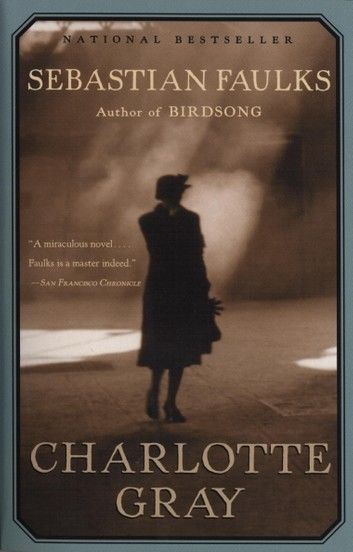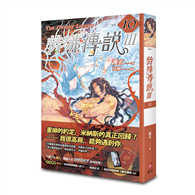Faulks's first novel since the extraordinary success of Birdsong is written with the same passion, power and breadth of vision. Set in England and France during the darkest days of World War II, Charlotte Gray, like Birdsong, depicts a complex love affair that is both shaped and thwarted by war.
It is 1942. London is blacked out, but France is under a greater darkness, as the occupying Nazi forces encroach ever closer in a tense waiting game. Charlotte Gray, a volatile but determined young woman, travels south from Edinburgh. Working in London, she has a brief but intense love affair with an RAF pilot. When his plane is lost over France, she contrives to go there herself to work in the Resistance and to search for him--but then is unwilling to leave as she finds that the struggle for the country's fate is intimately linked to her own battle to take control of her life.
Faulks's novel is an examination of lost paradises, politics without belief, the limits of memory, the redemptive power of art and the existence of hope beyond reason. It is also a brilliant evocation of life in Occupied France and, more significantly, a revelation of the appalling price many Frenchmen paid to survive in unoccupied, so-called Free France. As the men, women and children of Charlotte's small town prepare to meet their terrible destiny, the truth of what took place in wartime France is finally exposed.
When private lives and public events fatally collide, the roots of the characters' lives are torn up and exposed. These harrowing scenes are presented with the passion and narrative force that readers will recall from Birdsong. Charlotte Gray will attract even more readers to Faulks's remarkable fiction.







![塔木德:猶太人的致富聖經[修訂版]:1000多年來帶領猶太人快速累積財富的神祕經典 塔木德:猶太人的致富聖經[修訂版]:1000多年來帶領猶太人快速累積財富的神祕經典](https://media.taaze.tw/showLargeImage.html?sc=11100697818)




